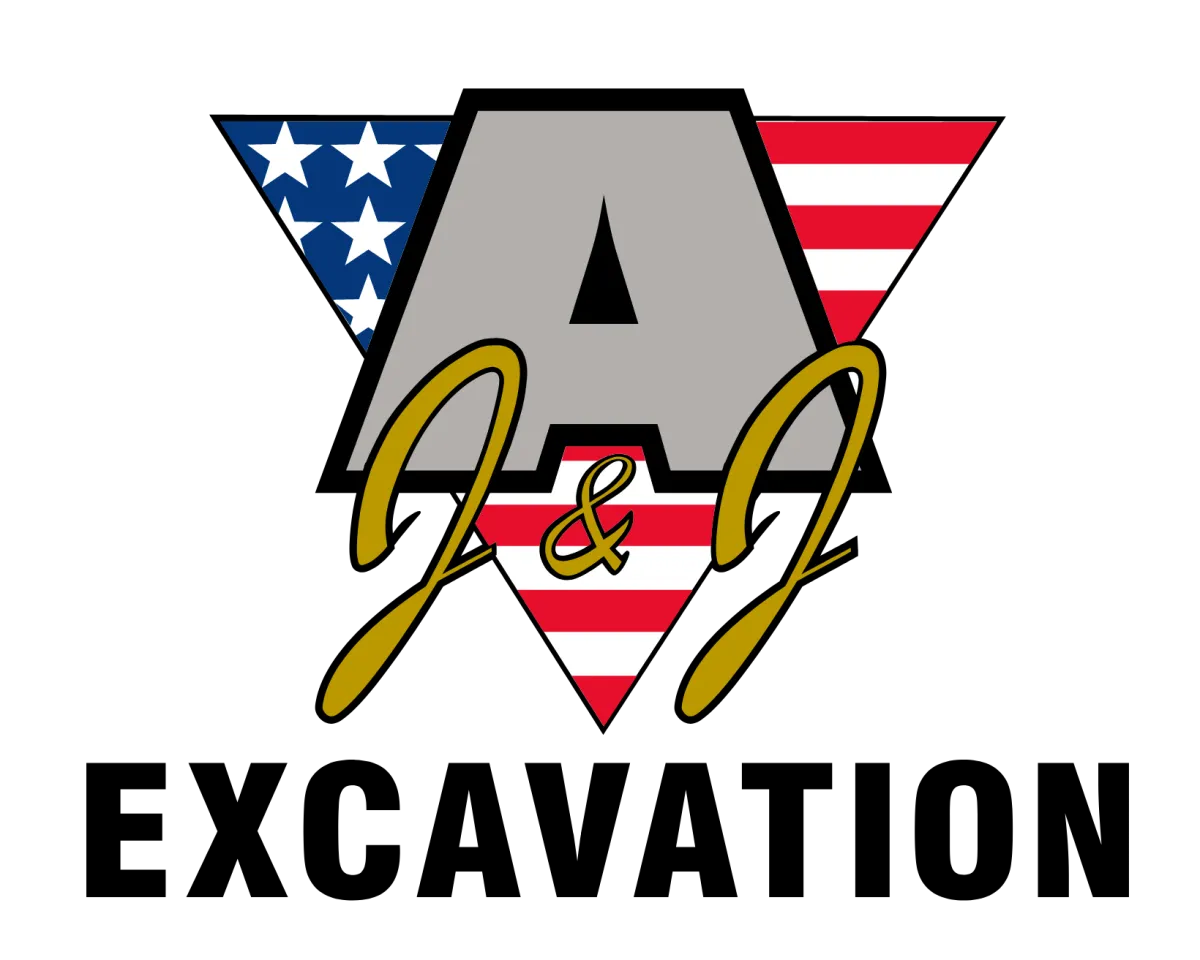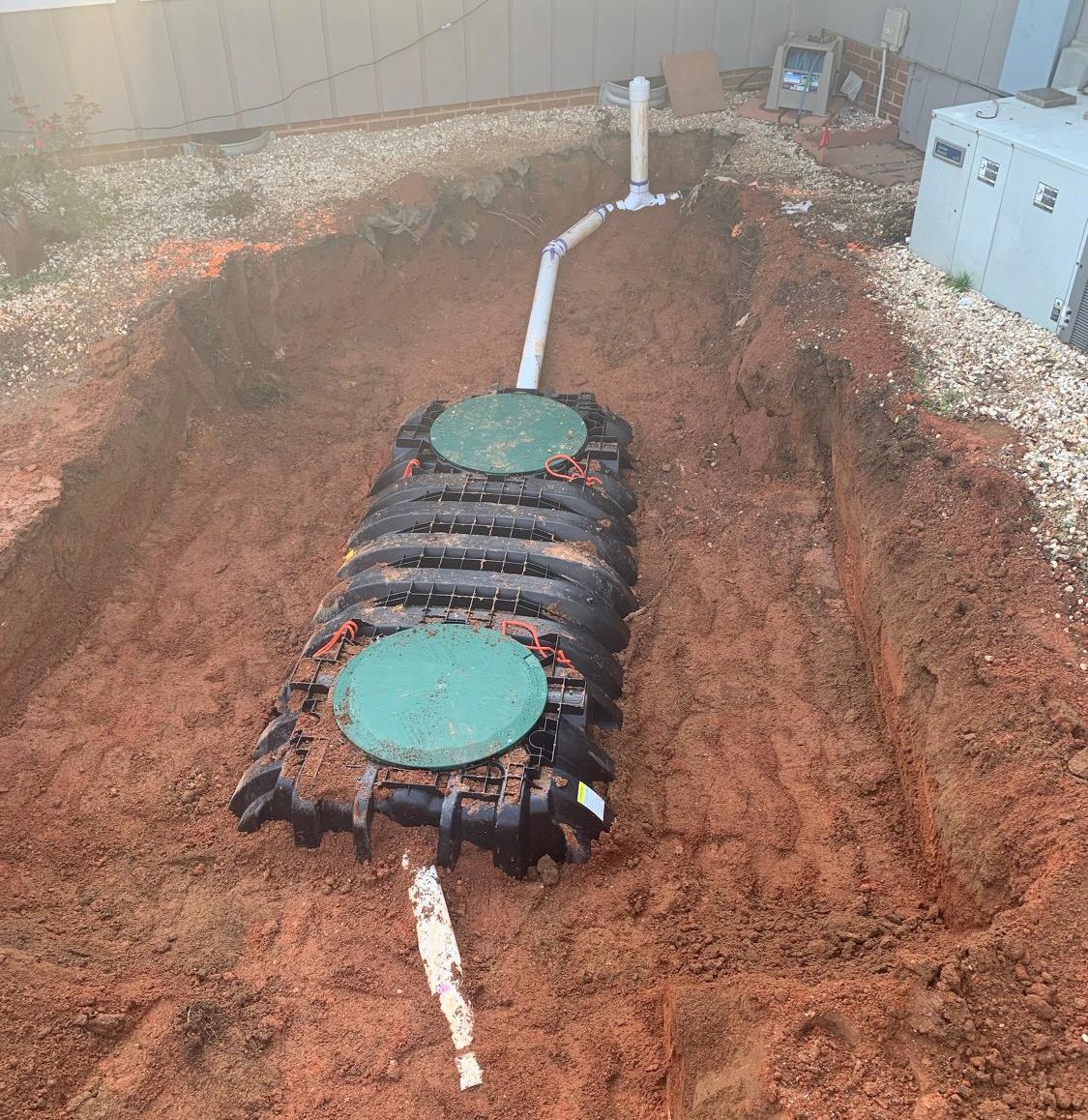
Serving Connecticut Counties: Tolland, Hartford, Windham, New Longon, Middlesex, and New Haven

Septic System Installation Costs near Connecticut | Price Breakdown
If you’re here, you’re probably a homeowner—or soon to be one—facing the not-so-glamorous but absolutely critical task of installing a septic system. Maybe your old system is failing, or you just bought land in a spot that doesn’t have access to municipal sewer. Either way, you're probably asking the same thing most of our clients do:
“How much is this actually going to cost me?”
We get it. Septic work isn’t something you deal with every day, and the price range can feel like throwing darts in the dark. You’ve heard numbers all over the place—from $6,000 to $25,000—and that kind of spread can make anyone nervous. The good news? You’re not alone, and there’s a reason behind those numbers.
We’re AJ&J Excavation LLC, based right here in Stafford Springs, Connecticut. We serve most of Tolland, Hartford, Windham, New London, Middlesex, and New Haven counties, and one thing we know for sure: no two septic installs are the same. But that doesn’t mean we can’t help you get a clear picture of what to expect—and what to budget for.
Let’s break it all down.
The Real Question: “How Much Does a Septic System Cost in Connecticut?”
If you’re looking for a ballpark, most new septic installations in Connecticut will run between $10,000 and $22,000. That’s a wide range, but for good reason. Your final cost depends on:
Permitting
Soil testing
System type
Excavation needs
Leach field size
Access to the site
Labor
Weather and time of year
We’ll walk through each of these in plain English below.
Who Needs a Septic System and Why It’s Not a One-Size-Fits-All Job
If your property isn’t connected to a public sewer line—and many homes in more rural or spread-out parts of Connecticut aren’t—you’ll need a septic system to safely handle household wastewater.
But not all septic systems are built the same. Soil conditions, property layout, how many bedrooms your home has, and even your water usage habits all influence what kind of system you need.
That’s why two neighbors can get two very different quotes.
Breaking Down the Costs: What You’re Really Paying For
Let’s unpack what goes into the price tag.
Site evaluation & soil testing: $800 – $2,500
Permitting & engineering plans: $500 – $2,000
System materials (tank, pipes, fittings): $2,000 – $6,000
Excavation, grading, backfill: $3,000 – $7,000
Labor (installation crew): $3,000 – $6,000
Leach field system: $2,500 – $10,000
It adds up quickly. And depending on your town, property size, or complexity of install, you might need additional erosion control, advanced treatment systems, or pump chambers.
Permits and Paperwork: What Towns Require and What It Costs You
In Connecticut, you’ll need approval from your local health district before installing or replacing a septic system. This process includes:
Site plans (created by a licensed engineer or sanitarian)
Perc test (percolation/soil absorption test)
Design approval
Final inspection post-install
Permitting usually costs between $500 and $2,000, depending on the town and who you hire to design your system. Some towns have faster turnaround; others can take weeks—especially if there’s snow on the ground.
Soil Tests, Perc Tests, and Why They Matter More Than You Think
Before anything gets built, we need to know if your soil can actually handle a septic system.
The perc test measures how quickly water drains through your soil. If the results come back poor (clay, high water table, etc.), you may need an engineered system, which increases your cost.
Soil testing typically costs $800 to $1,500, depending on how deep and wide we have to go. But trust us—this is the test you don’t want to skip.
System Types and Price Tags: Concrete, Plastic, and Advanced Systems
There are a few different tank materials and system setups:
Concrete tanks: Strong, long-lasting, and common in CT.
Plastic (poly) tanks: Easier to install but not ideal for all soils.
Advanced treatment systems: Used when soil or site conditions are tricky. More costly.
Basic systems with concrete tanks and a gravity-fed leach field are your most affordable route. Advanced or “alternative” systems with pumps and filters can add $5,000 to $10,000.
Installation Labor: What It Takes (and Why It’s Not Cheap)
You’re not just paying someone to dig a hole and drop in a tank. Proper septic installation requires:
Understanding site elevations and grading
Installing tanks level and to code
Safely routing all lines from the house
Managing groundwater and drainage
Meeting county and state inspection standards
Labor makes up 25–40% of the total cost, and for good reason. A poorly installed system can fail fast—and cost double to fix.
Leach Fields: How Much Land You’ll Need and What It Adds to the Bill
The leach field, or drain field, is the part of your system that disperses treated water back into the soil.
The size depends on your home’s square footage, number of bedrooms, and perc results. A small 3-bedroom house might need 500 sq. ft. of drain field, while a larger home could need 1,500+ sq. ft.
The leach field itself usually costs $3,000 to $10,000, depending on layout, type, and how much prep work is needed.
Surprise Costs Homeowners Don’t See Coming
Here’s what catches people off guard:
Tree removal or land clearing
Boulders underground that need breaking
Driveway rerouting or temporary removal
Pump system installation if gravity flow isn’t possible
Weather delays or winter digging
Replacing landscaping afterward
These can tack on $1,000 to $5,000+, and most don’t show up in your first estimate.
How Seasons and Site Conditions Change the Price
In Connecticut, fall and spring are the busiest install seasons—and sometimes the priciest due to demand. If you install in winter, you may face delays or extra charges for cold-weather digging and frost protection.
If your site has tight access (like a steep driveway or small lot), that affects price too. More equipment, more time, more crew—it all adds up.
DIY vs Pro Install: Is It Worth Trying to Cut Costs?
Technically, yes, homeowners can pull their own permit and attempt a septic install. But here’s the reality:
You still need approved engineering plans
You need to meet local/state code
You must pass inspections
You’ll have to rent the right machinery
And if anything goes wrong—you’re on the hook
We’ve had to fix a few DIY disasters. In most cases, it ends up costing more to fix than to have done it professionally the first time.
How to Get an Accurate Estimate Without Getting Burned
Don’t fall for vague “ballpark quotes” over the phone. A real estimate should include:
Site visit
Soil test or perc review
Full breakdown of labor, materials, permitting, and prep work
Options for system types based on your lot
A good contractor won’t just throw out a number—they’ll explain why it costs what it costs.
What We’ve Learned Installing Septic Systems Across Connecticut
Every county, every town, every property is different. We’ve worked across New Haven, Tolland, Hartford, and Windham counties, and we’ve seen just about every challenge.
The key is planning. When people take the time to understand the process, ask good questions, and budget for the full picture, the whole experience runs smoother.
Final Thoughts: What a “Good Price” Actually Looks Like in This Industry
It’s easy to chase the lowest price—but a good septic system should last you 25–40 years if installed right. Think about that when comparing quotes.
If someone is offering a deal that seems too good to be true... it probably is.
At AJ&J Excavation LLC, we’re not interested in cookie-cutter jobs. We take the time to understand your property, walk you through every line item, and make sure the system you get is the right one for your land—and your wallet.
You’re not just paying for a tank. You’re investing in peace of mind, sanitation, and the health of your home for decades.

AVOID COSTLY MISTAKES:
Do NOT hire an excavating contractor without first reading our free guide:
The ULTIMATE Excavation & Septic "Success Guide."

Hours: Open 24 Hours
With 24-hour Emergency Services Available
Address: 60 Furnace Avenue Stafford Springs, CT 6076